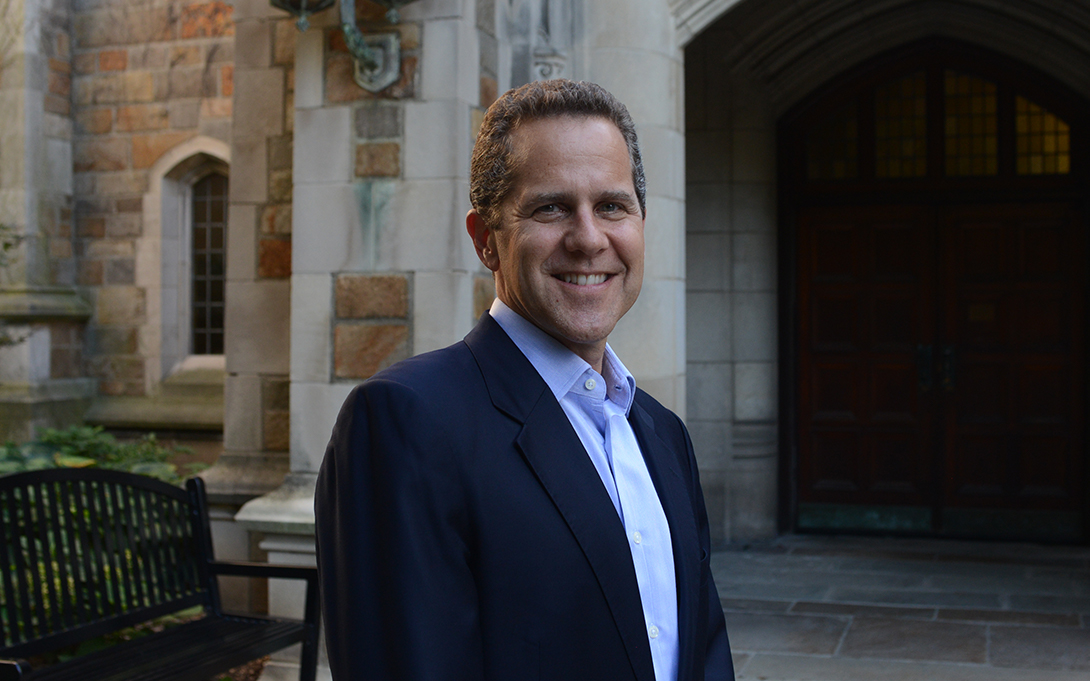
With the economy reeling from the effects of the COVID-19 crisis, the Federal Reserve has taken steps to shore up money-market funds, securing billions to lend as part of a broader effort to try and stabilize the markets. Ford School Dean Michael S. Barr commented on these recent actions in The Wall Street Journal, “Why the Fed Had to Backstop Money-Market Funds, Again.”
Money-market funds are a high-liquidity, typically low-risk source of short-term financing for many U.S. companies and banks. They are not insured by the FDIC, however, and are therefore vulnerable to market fluctuations. In the 2008 economic crisis, the Federal Reserve had to take similar steps to prop up money-market funds, and while there were efforts to regulate the funds after 2008 to prevent this from happening again, these efforts ultimately did not produce significant changes.
“When we emerge from this crisis, we will have to take a serious look at the structure of the money-market fund industry in a way that was not done and should have been done a decade ago,” said Professor Barr.
Read the full Wall Street Journal article by Paul Kiernan, Andrew Ackerman, and Dave Michaels, here.
Michael S. Barr is the Joan and Sanford Weill Dean of the Gerald R. Ford School of Public Policy, the Frank Murphy Collegiate Professor of Public Policy, the Roy F. and Jean Humphrey Proffitt Professor of Law at the University of Michigan Law School, and the founder and Faculty Director of the University of Michigan's Center on Finance, Law, and Policy. He is also a nonresident senior fellow at the Center for American Progress. At the Law School, Barr taught Financial Regulation and International Finance, and co-founded the International Transactions Clinic and the Detroit Neighborhood Entrepreneurs Project.